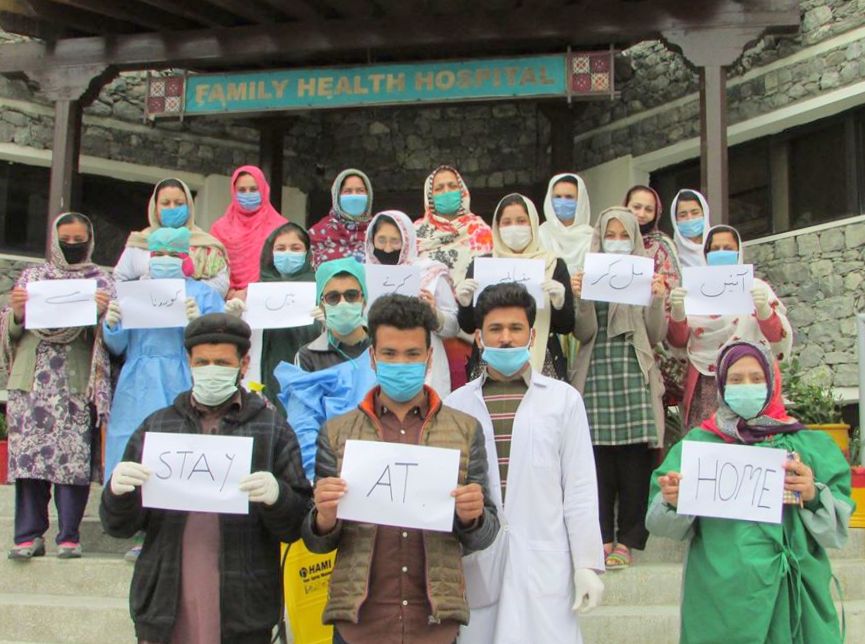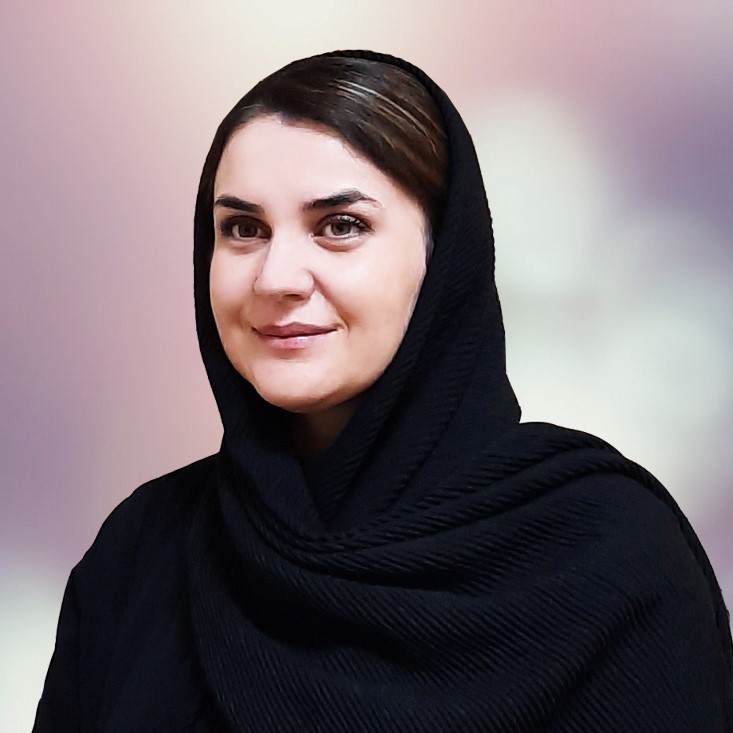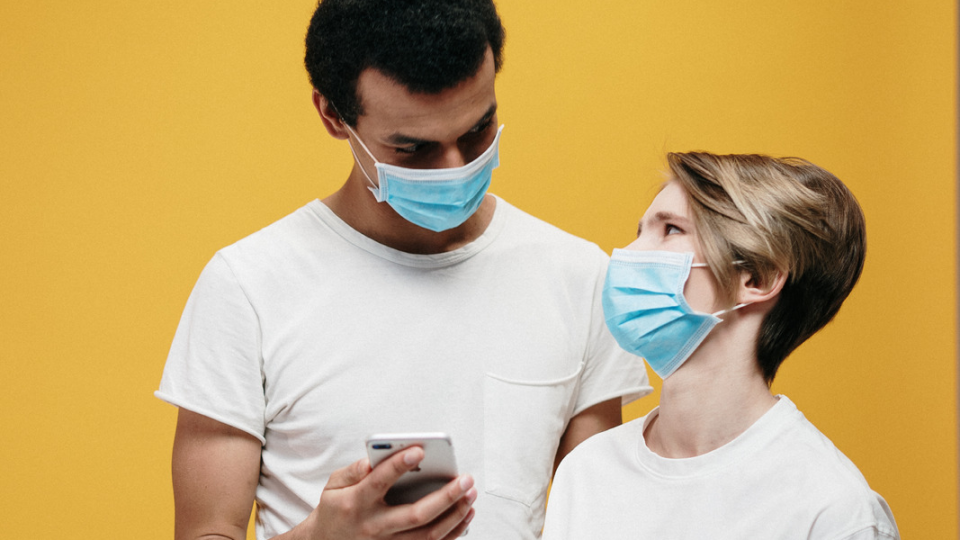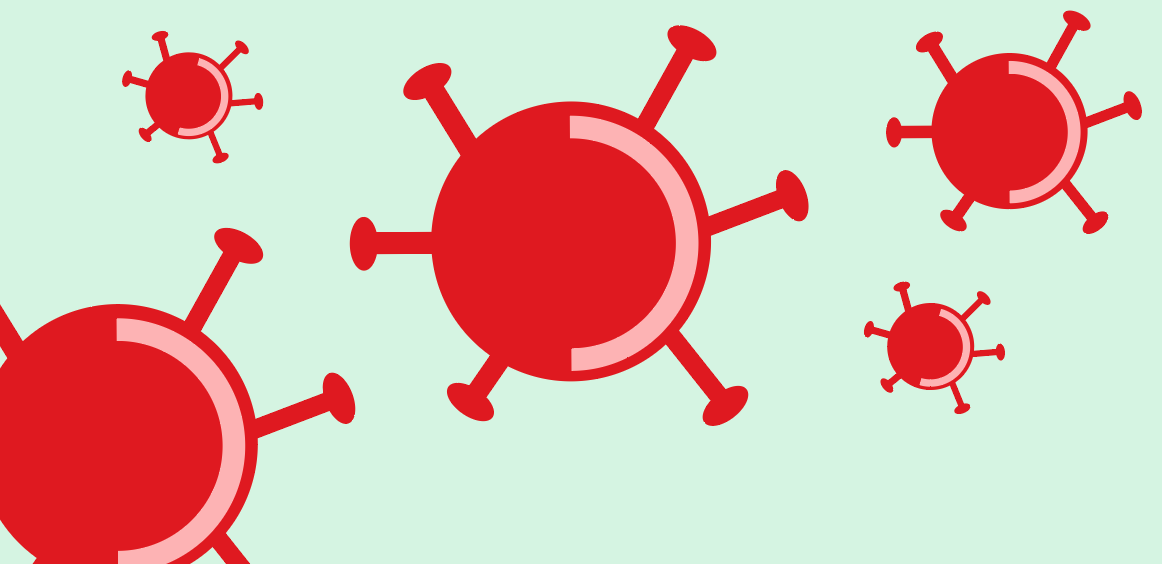An interview with Syed Kamal Shah, Chief Executive Officer of Rahnuma-Family Planning Association of Pakistan (FPAP), on the impact of COVID-19.
How has Pakistan been affected by the coronavirus/COVID19?
The COVID-19 pandemic has wreaked havoc on overall economies worldwide, and has impacted Pakistan’s already trembling economy. It has upended life as we know it.
As we all know, the virus spreads at an alarming rate, and the fallout has spanned the globe, exposing the ill-preparedness of governments, health systems, and social safety networks to respond to the longstanding and emerging needs of people – especially relating to the health and rights of women and girls.

Pakistan currently has the highest number of COVID-19 cases in South Asia – we have more than 6,500 confirmed cases, and with over 140 deaths, it has begun to strain our healthcare systems. The Prime Minister of Pakistan, Imran Khan, has repeatedly raised his concerns that Pakistan's health system will not be able to bear the load in case of a rapid increase of the virus here.
Right after the pandemic surfaced, Pakistan took stringent measures, which has enabled us to control it from mass spread so far. But during previous months, some laxity was shown when it came to people travelling into the country, as well as the continuation of religious congregations. The lockdown has been extended until 30 April, but the COVID-19 situation is becoming more aggressive day by day.
Can you tell us more about your organization, Rahnuma FPAP?
Rahnuma Family Planning Association of Pakistan is one of the largest and oldest rights-based civil society organizations working in reproductive health and family planning. We are fully accredited by the government, and our services delivery system is composed of ten fully-equipped Family Health Hospitals, more than 100 Family Health Centers and thousands of Community-Based Distributors and Private Practitioners which benefit a hundred-thousand people annually.
What impact is coronavirus having on sexual and reproductive health (SRH) in Pakistan?
As health systems are increasingly strained, SRH services are often mischaracterized as non-essential or “elective,” and thus de-emphasized in most provinces – with critical consequences. The total focus is on covering the virus and treating the infected. This has illustrated gaps in our existing approach to SRH and family planning.
Our one of main challenges is to provide personal protective equipment (PPE), as we have no resources for the purchase of PPE and other supplies.
We may see shortages or non-availability of contraceptives, antiretrovirals for HIV/AIDS and antibiotics to treat sexually transmitted infections, due to disruptions in supply chains. Access to contraceptives has been reduced or limited due to COVID-19 since people are scared to leave their premises, and stoppages of public transport has further added to the mobility restrictions. These impacts may be compounded by the diversion of financial resources to the COVID-19 response, which would take funding away from reproductive health programs and decrease access for patients who rely on free or subsidized care. Likewise, the need for new precautionary equipment, training and protocols will further draw time and resources away from other work, including projects and programs related to SRH. However, we have been providing SRH care at our service delivery points (SDPs) all over Pakistan while ensuring strict protection and safety measures of our service providers and visitors.
Which of your services have been the worst hit so far?
Our community engagement services and outreach activities have been worse hit, which includes mobilization, training, counselling, community outreach sessions, peer-to-peer-sessions, mobile outreach and door-to-door home visits, and youth engagement channels. However, we are providing SRH counselling through our six dedicated helplines.
More than 80% services are targeted towards vulnerable and marginalized sections of society who have been hit hard by this pandemic, including those living with disabilities, HIV/AIDs, women and children, and poorer people. We are working with other stakeholders not to leave them behind and ensure the availability of SRH services despite the pandemic.

Are frontline staff still able to go into the community to deliver services?
Due to the lockdown and a ban on public gathering there is no community activity at large, although all our SDPs in our hospitals and clinics are working as normal, with strict COVID-19 preventive and precautionary measures in place. Frontline staff are, of course, respecting the prevention measures of not going into the field. From day one our staff have also been working with the government and other organizations to raise awareness about complying with the rules on coronavirus prevention. Information banners have been developed and displayed at points where communities can see them, and leaflets have also been distributed to clients.
Despite lockdown, our SDPs are functional and we are also providing counselling and urgent consultation through our free helplines. All staff have been provided with PPE, and other protection tools, and our headquarter and regional staff are working from their homes on roster basis.
What message do you have for people and your staff in Pakistan when it comes to SRH services and coronavirus/COVID-19?
The world is going through a period of crisis, but whether we look at it as a crisis or as an opportunity to reshape our thinking depends on us. So use this period as a lesson on how to live life with a concern for all humankind.
Health and safety comes first, therefore personal hygiene should be the top priority and there should be no compromise on it. Practice social distancing, but stay calm and positive. Use prevention measures – as both individuals and service providers at work – in your community and in your homes. Always share information on prevention measures wherever and whenever you can, whether that’s at the service delivery point, work, at home, or with family and friends.
We will pull through it together as we all are one – together we are stronger. We are the Rahnuma FPAP family and we believe in serving people, which for us is not charity, it’s humanity.
when
country
Pakistan
Related Member Association
Rahnuma-Family Planning Association of Pakistan











